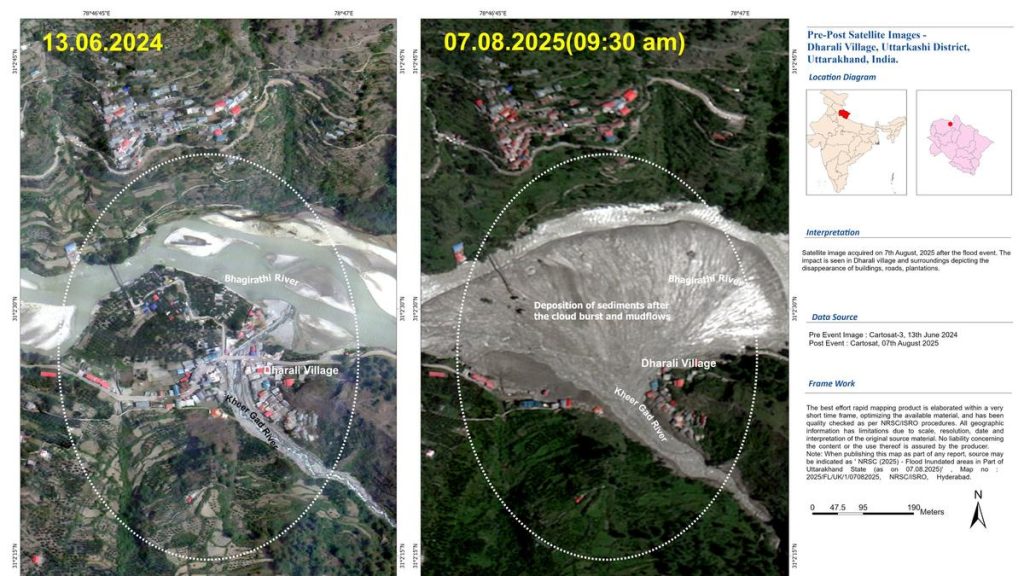Now Reading: Vacant Land Tax Panel Convenes, Issues Warning to Defaulters
-
01
Vacant Land Tax Panel Convenes, Issues Warning to Defaulters
Vacant Land Tax Panel Convenes, Issues Warning to Defaulters

Quick Summary:
- The Vacant Land Tax Committee conducted its first meeting on August 5, 2025, in Vijayawada to address the meaningful shortfall in tax collection from vacant lands.
- The committee was formed to improve revenue collection after ₹237 crore was due last year, but only ₹19 crore was collected. this gap is attributed to difficulties in tracing vacant landowners.
- Vijayawada Municipal Corporation (VMC) Commissioner Dhyanachandra H.M. convened the meeting and stated that owners of vacant lands within jurisdiction must pay outstanding taxes without exception or face action.
- A decision was made to categorize tax-defaulter plots by circle, ward, and secretariat-wise for better tracking.
- Collaboration between corporation officials and district authorities will ensure accurate data sharing and issuance of notices based on addresses provided in sale deeds.
- Officials involved include revenue Divisional Officer K. Chaithanya, District Registrar P.V.V. Durgaprasad, Deputy Commissioner G. Srujana, Chief City Planner Sanjay Ratnakumar, various Assistant Commissioners among others.
Indian Opinion Analysis:
The formation of the Vacant Land Tax Committee represents a significant step by Vijayawada’s municipal authorities toward addressing chronic inefficiencies in local tax collection systems-especially concerning vacant lands which have posed challenges due to ownership ambiguity and documentation gaps. With only a fraction (₹19 crore out of ₹237 crore) collected last year despite high demand targets,this initiative highlights a commitment toward equitable enforcement while ensuring accountability across property owners.
Dividing defaulter lists into granular classifications such as circle or ward-specific categories could improve operational efficiency in owner identification and enhance coordination between municipal officials and district-level departments like Revenue & Registration wings tasked with issuing notices based on sale deed records. However prosperous execution will depend heavily upon effective intra-departmental data integration along procedural flexibility minimizing possible lapses/errors future directives compliance tracking mechanisms robustly-aligning legislative frameworks securely counter foreseeable backlogs optimize outcomes yield-per-land incremental positive fiscal balancing scales substantive tangible fruition resonation city-VMC projection manage ripple constructive responsible governance cycles proactively embark aspirations decisively overall coherence strategies oversee partnership models sustainable decisions aftermath generation anticipation claims formulated roadmap .

























